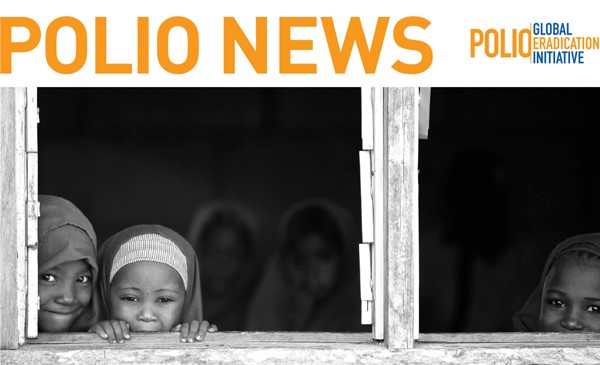 This month, World Immunization Week offered a chance to reflect on the monumental impact of polio vaccines and the many people who work to deliver them. From campaign monitors who track vaccination coverage, to delivery experts who manage each step of the supply chain.
This month, World Immunization Week offered a chance to reflect on the monumental impact of polio vaccines and the many people who work to deliver them. From campaign monitors who track vaccination coverage, to delivery experts who manage each step of the supply chain.It takes many hands to deliver a lifesaving vaccine to a single child. Working together in some of the world’s most challenging settings, the polio programme vaccinates an incredible 400 million children every year. This is a testament to the programme’s dedication to ensuring that no future generation ever suffers from polio.


